Is Party System Still Credible In India?
Apr 22, 2019 • 6 views
Political parties are a group of people who come together to contest elections and hold power in the government. They agree on some policies and programmes with a view ‘usually’ to promote collective good and well-being in the society. But, in today’s context the meaning of political parties have somewhat changed. They have become more of a ‘critical political bodies’ (more of the ‘competition’ and that to an unhealthy one!) rather than governing bodies .In most of the democracies throughout the world, various party systems, from single to multiparty , are adopted within the countries to form the government. So far, it is considered to be the best way to accommodate diversity and bring in social and political changes peacefully. But, what about the other side of the coin? It is well said the politicians are like quicksilver, if you try to pinpoint at them, you will find nothing behind .Over the years, countries all over the world are witnessing a serious ‘democratic crises’. Corruption within the parties is paramount. A long survey by Transparency International reveals thatthere is much work to be done. The international corruption watchdog release it’s Corruption Perception Index(CPI), in which 180 countries are ranked based upon corruption on a scale of 0-100. The CPI awarded India a score of 40, rendering it the 81st most corrupt country in the world!
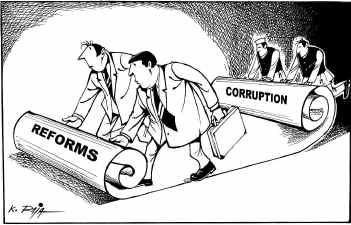
In India, the cases of party defection (tendency to change parties often) within are ever increasing. India witness a large number of politicians changing their party ideologies from one end of the seesaw to another, causing much of the havoc and imbalance in the scenario. Is this democracy? And, the biggest irony is that even though such people are freely participating in politics, they general get elected by the people! Served well for their selfish means and greedy causes of fickleness! In 2017, less than 3 weeks before Punjab assembly elections, former cricketer turned politician and BJP MP Navjot Singh Sidhu joined congress and soon won Amritsar east seat in Punjab. A sixer at the last moment!
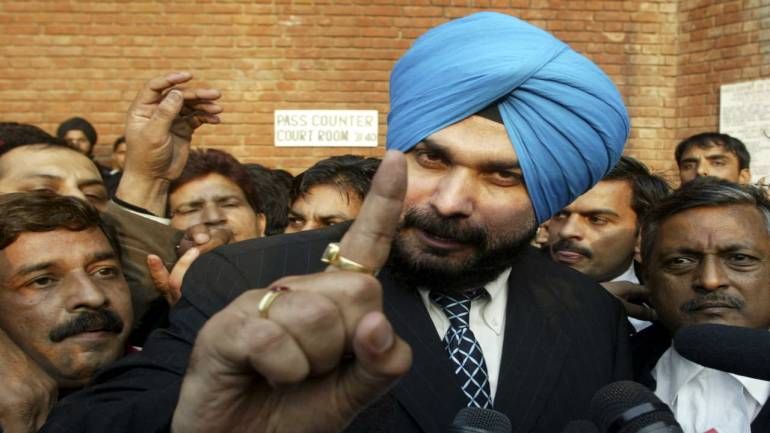
The routine tales of party scandals are enough to convince us that democracy is not free from evils. Seriously, justice is only limited to wealthy and powerful in India, the poor can’t even think about it. What happened to all the politicians who were found guilty in Hawala Case? Nothing! TheHawalascandal, was an Indian political and financial scandal involving payments allegedly sent by politicians (black money) through fourHawalabrokers, namely the Jain brothers.
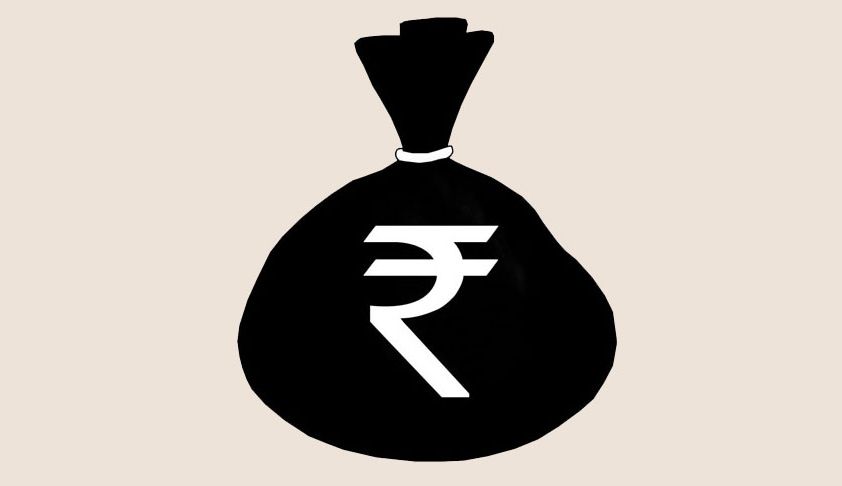
Thousands of cases of money laundering are still pending in the courts of India. The pile continues to grow! As per the data released by the Swiss National Bank (SNB), funds parked by Indians with Swiss banks rose 50 per cent to 1.01 billion (about Rs 7,000 crore) in 2017.All this black money simply rots at Swiss bank!
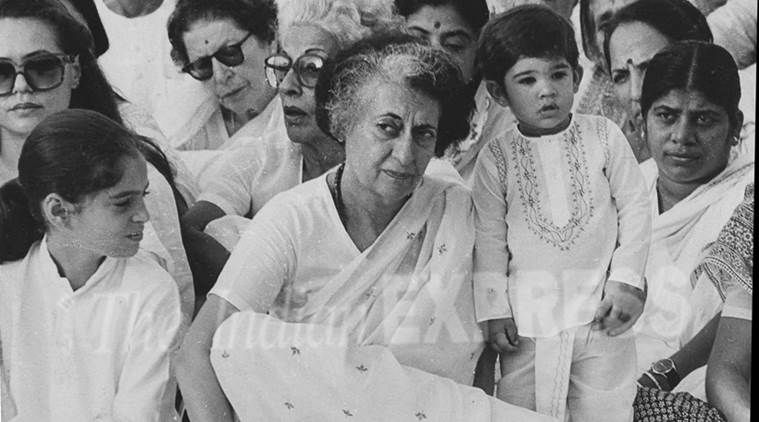
Parties are considered one of the most intolerant institutions in the world. All of them just get reduced to pinpointing allegations and dirty blame games in order to muster support, defame others and grab the tickets. They often appeal to the caste and emotional sentiments of the people in order to win. A perfect representation of the devil down the earth! In fact, people often need to pay a heavy price for this as it invokes political riots and genocides, even leading to assassinations like that of Mrs Indira Gandhi.
Most of the parties are internally prone to politics .Ordinary members hardly influence any party decision and all the cream goes to the top party leaders. Parties often nominate candidates consisting of billionaires and rich film stars who can just raise a lot of money for them. Companies who supply funds to the party tend to dominate its policies and programmes. Thus decision goes in the hands of the inexperienced. In some cases parties even support criminals who can win seats. In 2018, a PIL filed by lawyer Aswhini Upadhyayrevealed that over 4,000 criminal cases are pending against sitting and former MPs and MLAs in India!
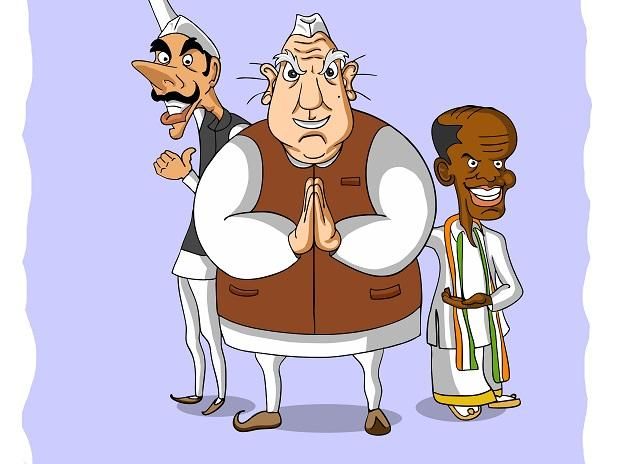
Now a days, party seats belongs to the ‘reserved rather than the deserved’. The history of India itself have witnessed party nepotism in INC (Indian National Congress) with Nehru family enjoying top positions. Since parties are only focussed on winning election, they often tend to use shortcuts. Aha! Remember the state of UP VS Raj Narain case? It was filled in 1975, finding Mrs Indira Gandhi guilty of electoral malpractices leading to declaration of emergency.
Can such be the basis of democratic government? In today’s world, the bitter truth is that political parties often lack the principles of democracy itself in which they thrive. A reinforcement of the democratic system is the need of the hour!
